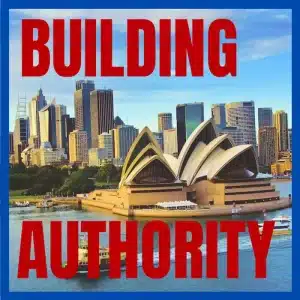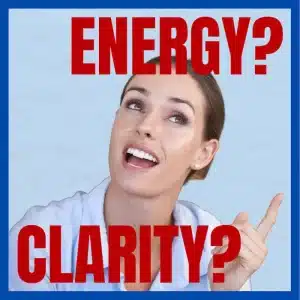
One of the core elements of a manifesto is the power of the declaration. When I share this with people I’m often asked what do we really mean by a ‘declaration’?
The key to understanding declarations is to consider it as a creative action. They literally create the future.
One of the best ways to explain this is through some everyday examples. Here are seven examples to flesh this out further for you…
1 Getting Married
‘I now declare you husband and wife.’
This is the familiar declaration by a minister of religion or marriage celebrant. It turns two single people in a relationship into a permanent couple. Consider how it changes your view of someone’s relationship. There’s a big difference between living together and married – particularly in a legal sense.
2 In Court
‘Guilty’ and ‘You are sentenced to ten years jail.’
The guilty or not-guilty verdict plus the sentence are life-changing declarations for the accused. They literally decide how the accused will spend the next period of their life.
The judge is not describing the future they are creating it as they speak. Further, they not only have the authority to create the decision, they are backed by a system that ensures the convicted is imprisoned or not.
3 Introducing Yourself
‘Hi, I’m Geoff McDonald. I help people…’
When ever you meet someone for the first time you have a powerful opportunity to create a world for the person you are meeting. How you say your name and what you say you do after this sets an important frame for your identity and the conversation that follows. It could lead to a new relationship, a business opportunity or… nothing. What are you creating when you introduce yourself?
4 Sneaky Personal Declarations
‘I don’t think I can do that.’
Henry Ford famously said ‘whether you think can or not, you’re right.’ And, this is the key to our self-talk. We make declarations about what we are capable or willing to do everyday. And, mostly, we’re not aware we’re doing it. Grab some personal power by being aware of the things you say to yourself and how they create your experience of the world.
5 Sport
‘Penalty!’ ‘Goal!’ ‘Game over.’
There’s an old saying in cricket that ‘the umpire is always right’. And, a bit like Henry Fords earlier statement – whether they are right or not, they are! The umpire makes declarations about when the game begins, which penalties are awarded, which scores count and when the game is over. And what the umpire says is final. In contrast, it really doesn’t matter what the players think, how the crowd reacts or what the TV replays show.
6 At Work
‘I quit’ or ‘You’re fired’.
The most dramatic declaration at work results in the end of employment. You can make the declaration and quit or your boss can say it and you’re forced to quit. Either way, your future changes and you no longer need to turn up the next day. Plus, you’ll now need to find another way to pay your mortgage.
7 Doctor Death
‘He’s dead.’
At some point this is likely to happen to all of us. Someone will declare that we are no longer living. In most cases this will be a mere assessment of something obvious that has already happened.
Where the declaration comes into play is in an emergency hospital where the lead doctor says ‘we will stop working now’ because he has declared the patient to have died.
Comment: What other everyday examples of declarations can you think of?



